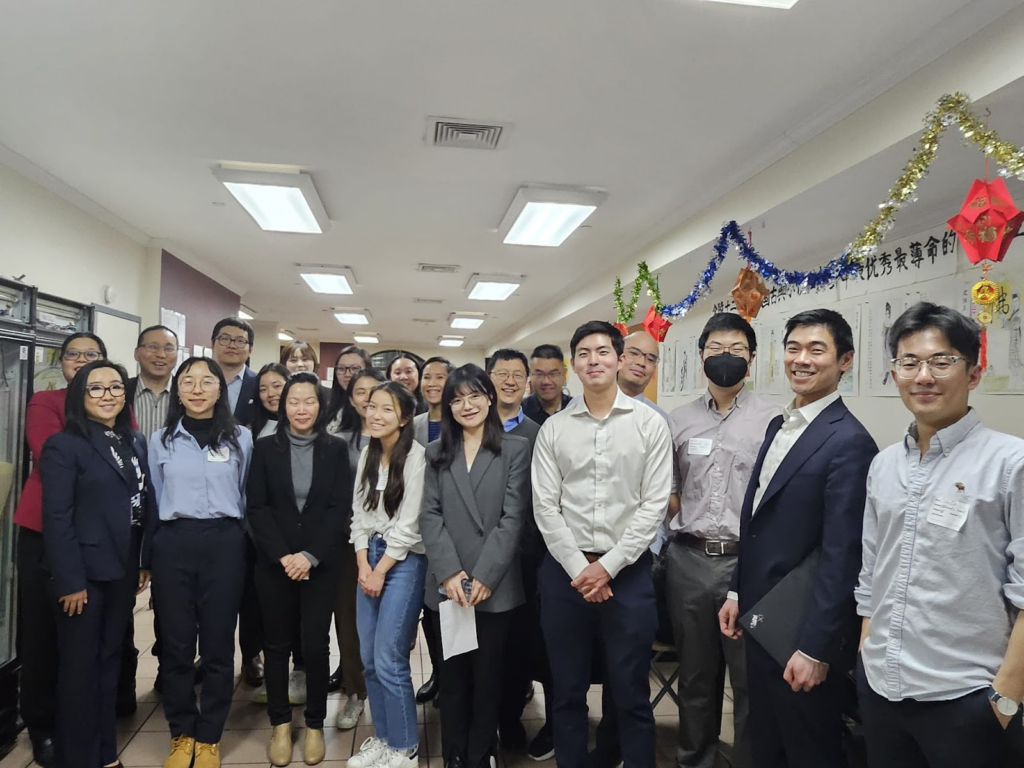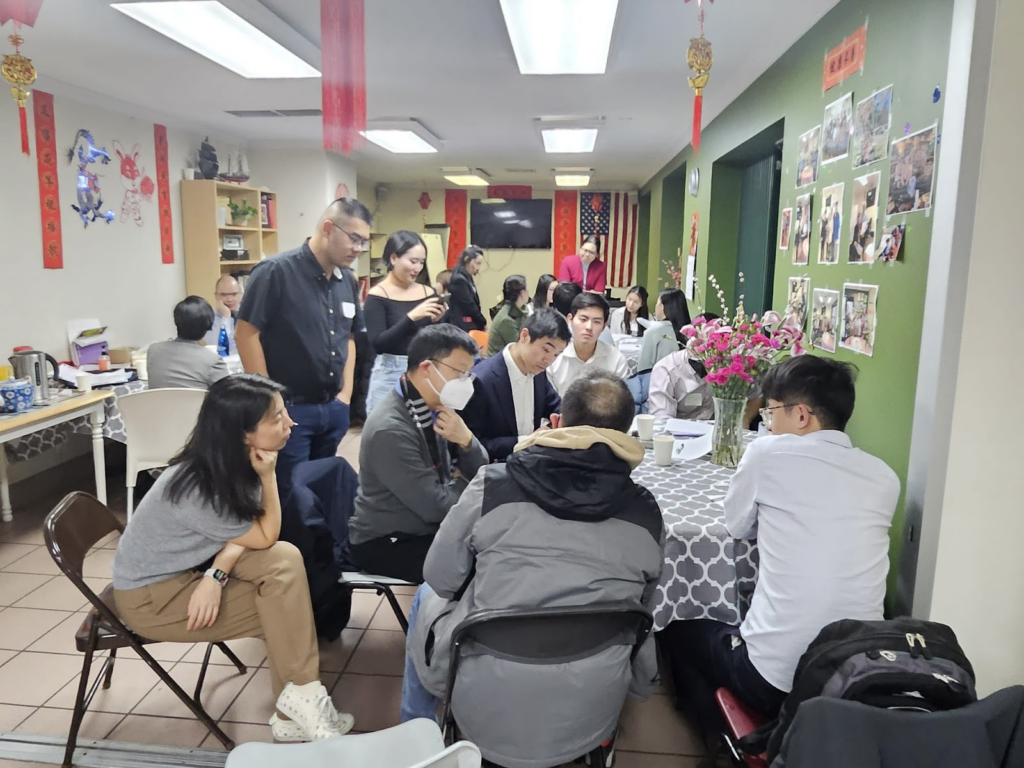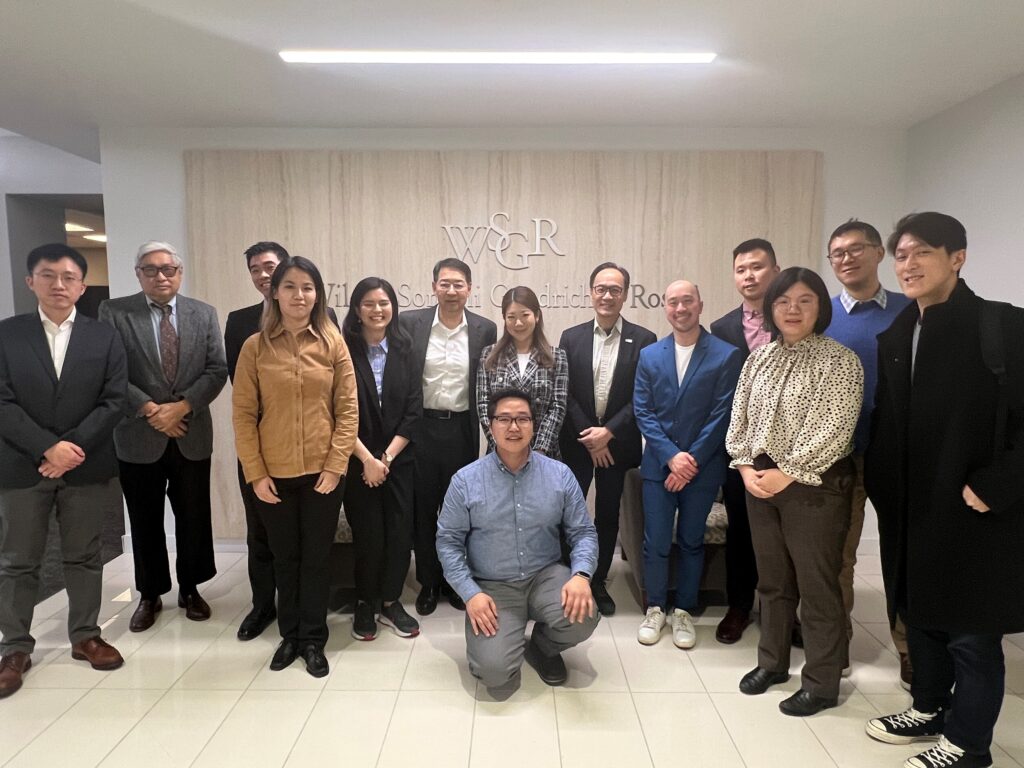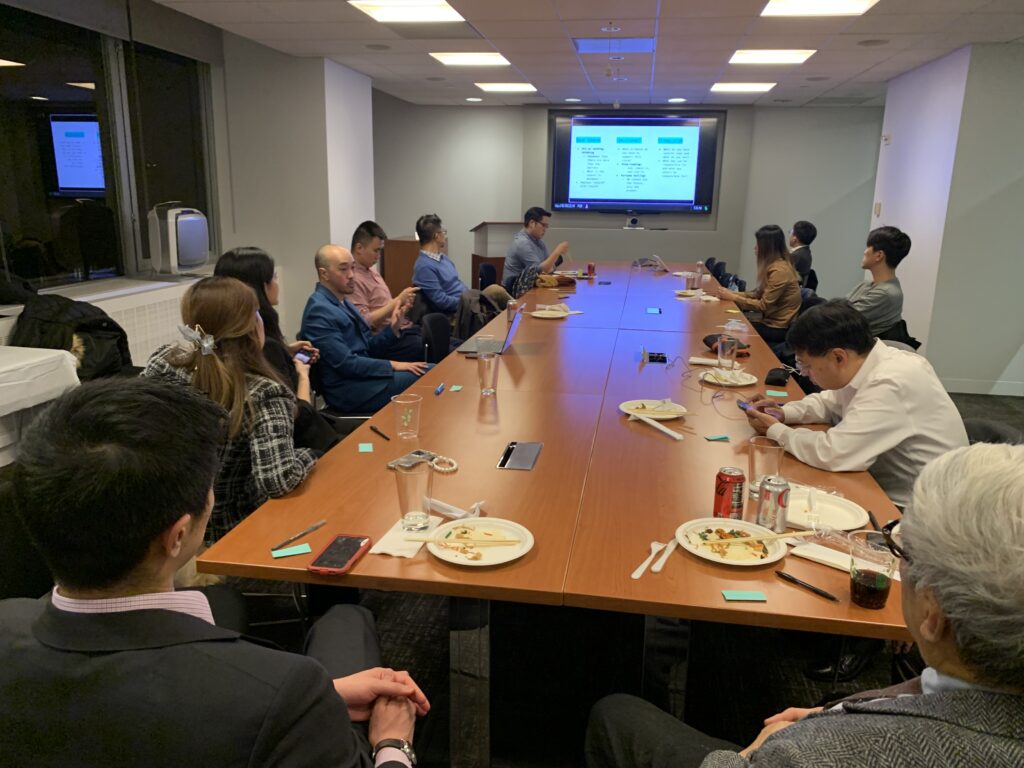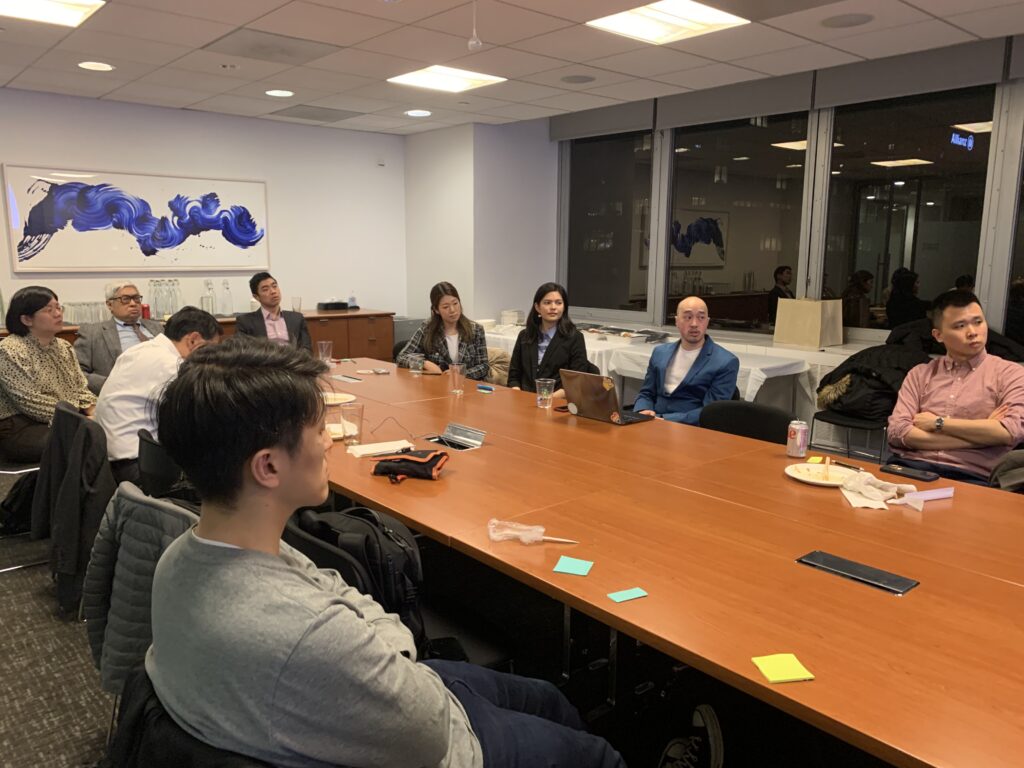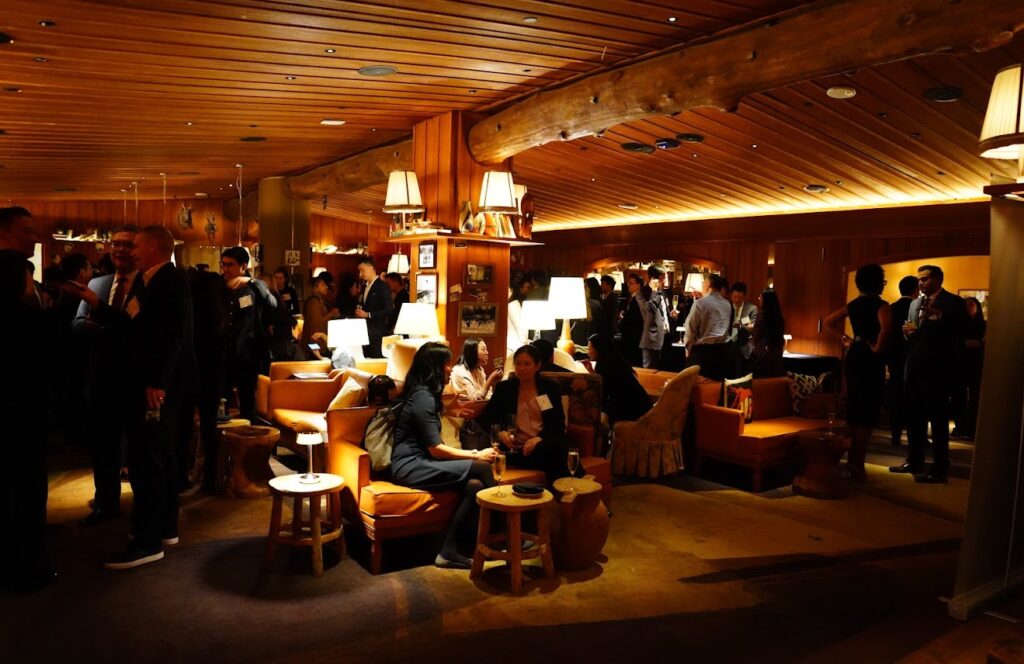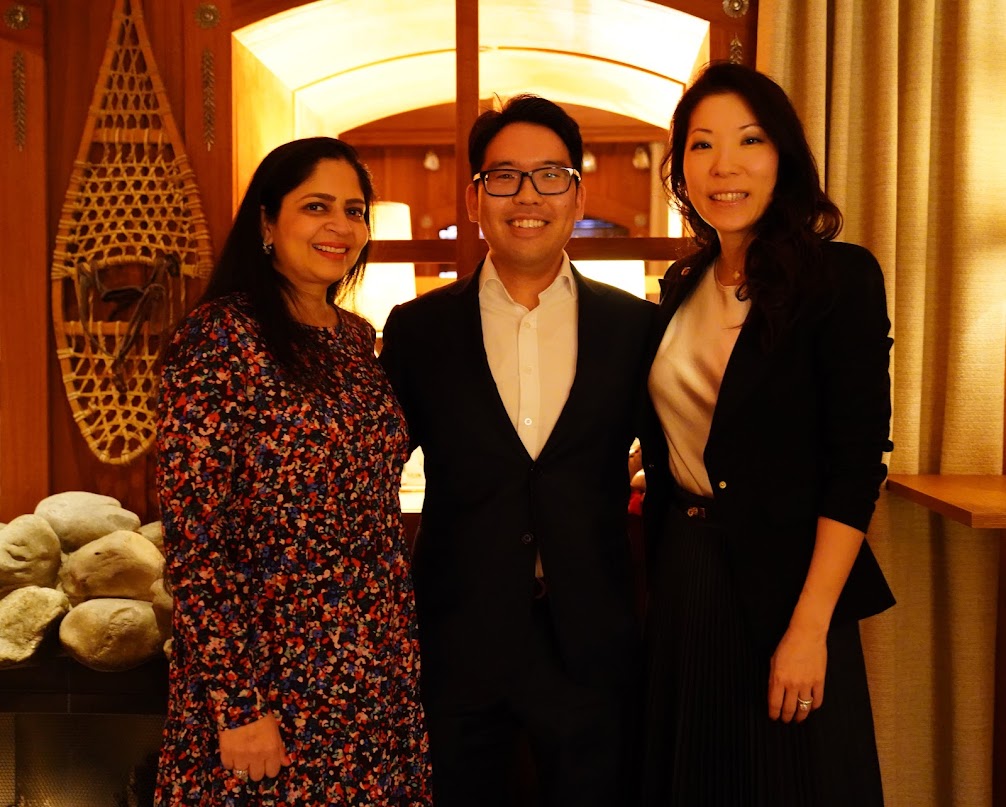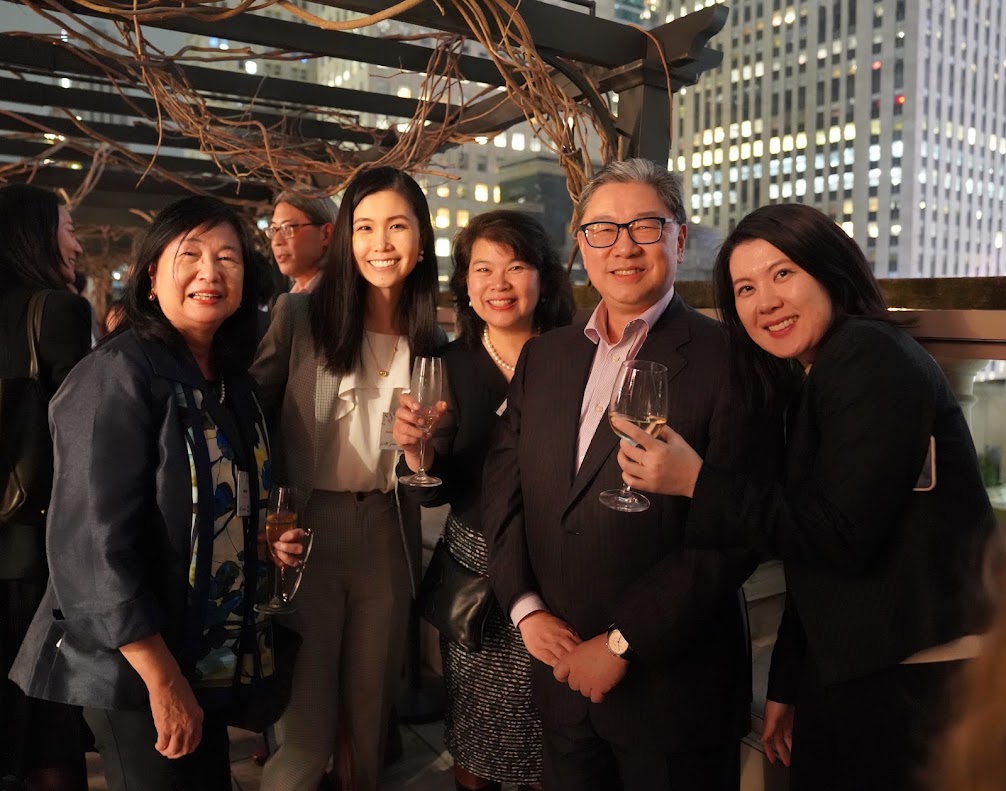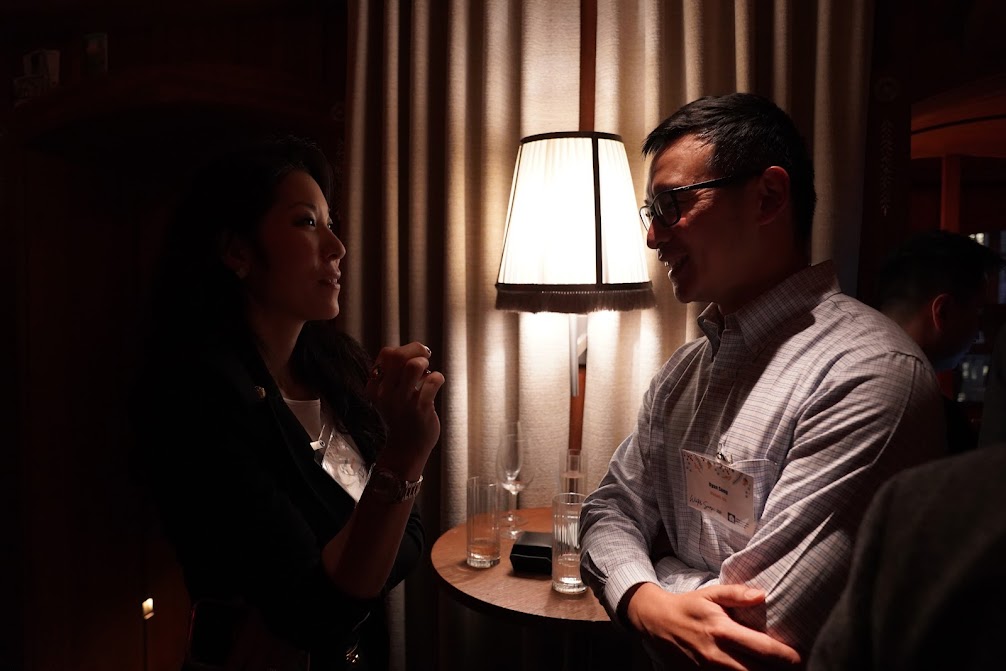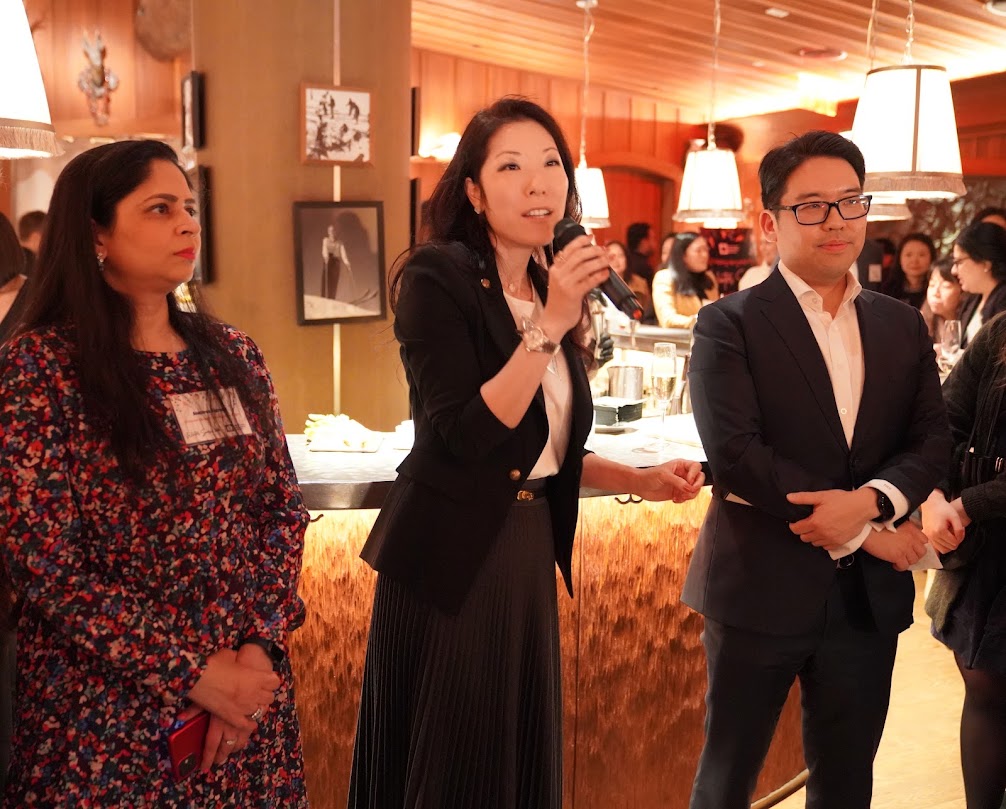
For Immediate Release: Date: March 1, 2024 | Contact: Rahat N. Babar, Deputy Executive Director for Policy |
President Joe Biden nominated Captain Lia Mitoko Reynolds, United States Navy, to Deputy Judge Advocate General of the Navy (DJAG) with the rank of Rear Admiral (two stars). If confirmed, she would be the first AANHPI Flag Officer to serve in the United States Navy JAG Corps.
“NAPABA congratulates Captain Reynolds on her nomination. She is widely recognized as one of the top officers in the Navy Judge Advocate General’s Corps. In 2019, she was presented with the Burton Award for Public Service in the Military. NAPABA also awarded her the Military & Veteran Service Award in 2019,” said Anna Mercado Clark, President of NAPABA. “An active member of NAPABA, Captain Reynolds has served as a Navy JAG officer for 26 years. She is well qualified to serve as the Navy’s DJAG, and we urge the United States Senate to confirm her quickly.”
Captain Reynolds serves as the Assistant Judge Advocate General of the Navy (Operations & Management). Her past assignments include serving as Senior Military Assistant to the General Counsel of the Department of Defense; Senior Detailer, Judge Advocate General’s Corps in Tennessee; Commanding Officer, Region Legal Services Office Hawaii; Deputy Fleet/Force Judge Advocate in Bahrain; Special Assistant for Legal and Legislative Matters to the Secretary of the Navy in Washington, DC.; Commanding Officer of Naval Legal Service Office, Europe, Africa, and Southwest Asia headquarters in Naples, Italy; Deputy Executive Assistant to the Judge Advocate General of the Navy in Washington, DC; Assistant Officer in Charge of the Trial Service Office Pacific Detachment in Yokosuka, Japan; Staff Judge Advocate for the Joint Interagency Task Force West; and trial and command services attorney for the Trial Service Office West, Branch office Lemoore, California.
“Captain Reynolds serves as a role model and inspiration to AANHPI attorneys,” said Priya Purandare, Executive Director of NAPABA. “AANHPIs have been underrepresented in our military’s General and Flag Officers ranks. We are proud of Captain Reynolds’s service to our Nation, and we congratulate her on the nomination.”
Captain Reynolds is a Hawaiʻi native and received her bachelor’s degree from Columbia University, JD from the University of Hawaiʻi William S. Richardson School, and LLM with distinction from Georgetown University Law Center.
NAPABA thanks President Biden for nominating Captain Lia Mitoko Reynolds.
###
The National Asian Pacific American Bar Association (NAPABA) represents the interests of over 60,000 Asian Pacific American (APA) legal professionals and nearly 90 national, state, and local APA bar associations. NAPABA is a leader in addressing civil rights issues confronting Asian American, Native Hawaiian, and Pacific Islander communities. Through its national network, NAPABA provides a strong voice for increased diversity of the federal and state judiciaries, advocates for equal opportunity in the workplace, works to eliminate hate crimes and anti-immigrant sentiment, and promotes the professional development of people of all backgrounds in the legal profession.


